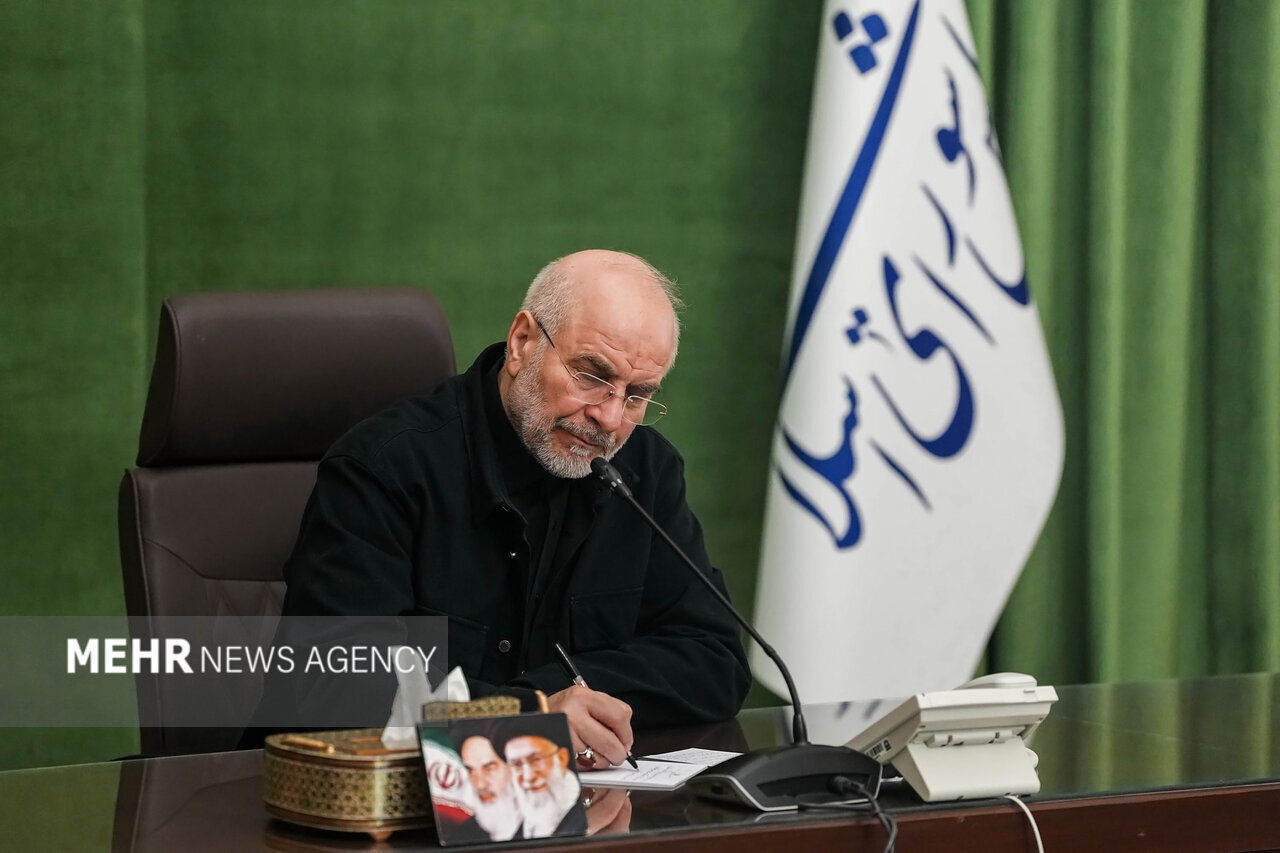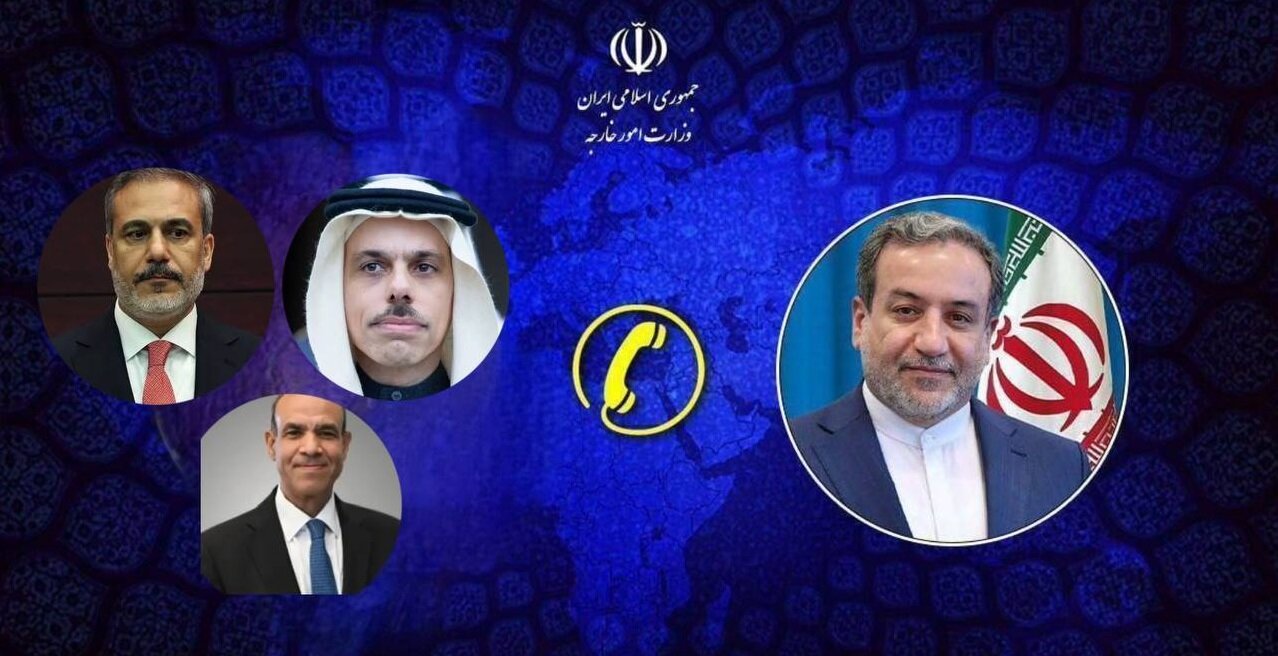
The speaker wrote on the X that, “The Iranian nation held the most magnificent 22 Bahman rallies in recent years on Wednesday throughout the country, which matches the rallies in 1979 in glory.”
Qalibaf emphasized that, “This national event was held with the participation of all those who love Iran more importantly than their lives and stand responsibly against the enemies and traitors towards Iran and Iranians. You the people have proven this with your turnout; we bow down to your magnificent presence on the scene and awareness and we are grateful and will remain your servants.”
MNA/6746651



